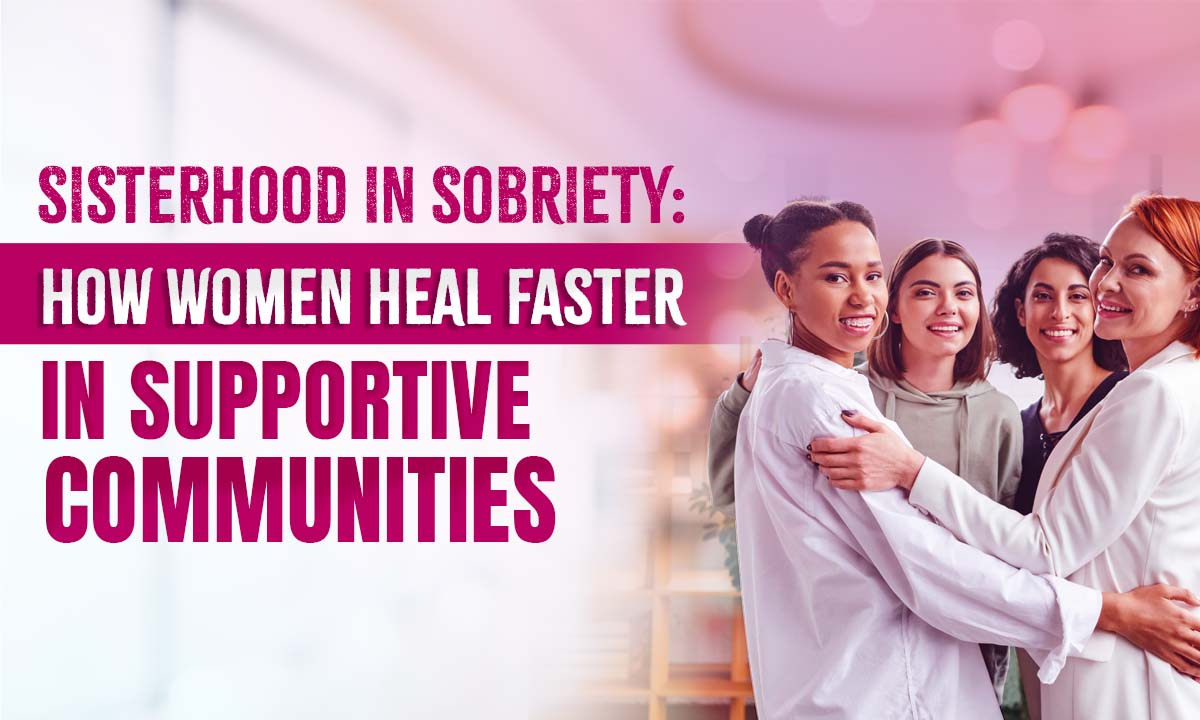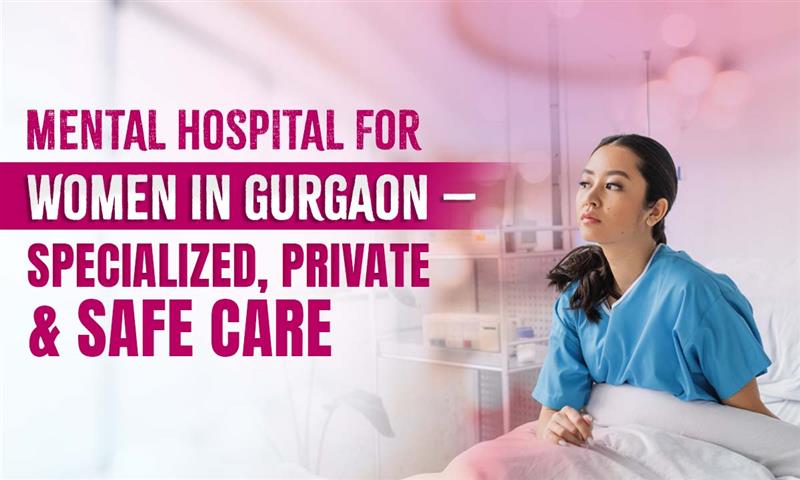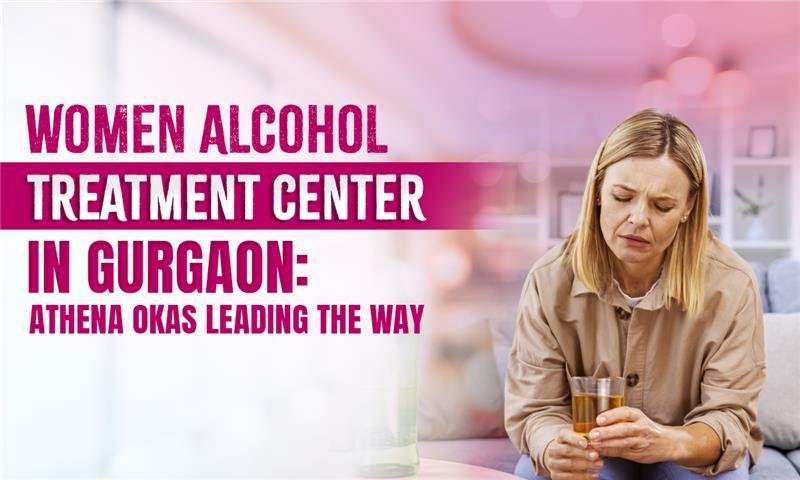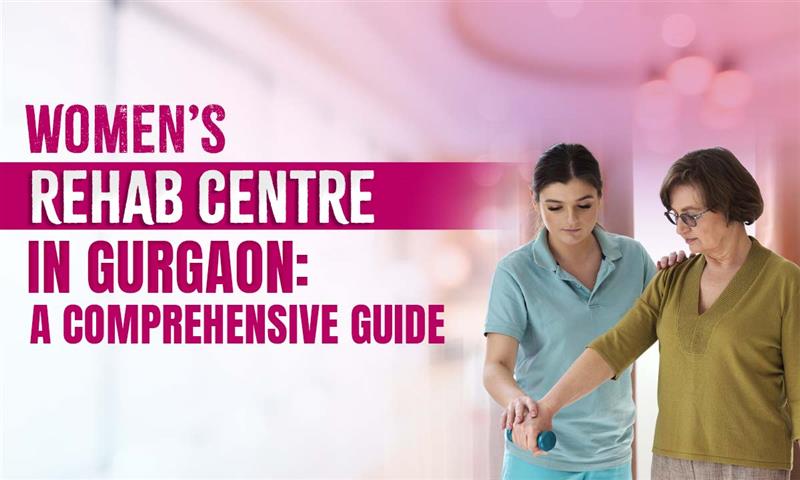
Self-Care with a Trauma Lens: How Trauma-Informed Care Shapes Healing
Traumatic experiences can alter one\'s perception of the world. Adverse childhood experiences, sexual harassment, war and violence are some of the many traumatic incidents. Such experiences can significantly impact an individual’s sense of safety. During such times of extreme distress, trauma-informed care becomes the need of the hour.
Mental health self-care strategies that can allow the individual to feel safe and supported are included in trauma-informed care.
Understanding Trauma-Informed Care
Trauma-informed care focuses on building a sense of safety for those who have experienced traumatic incidents. It becomes important for healthcare professionals to become aware of trauma-informed care so that they can become more equipped to support others. Some aspects of trauma-informed care include:
- Professionals should be able to understand the signs and symptoms of trauma
- Professionals should be able to offer support whilst being mindful of policies and procedures
- Professionals should not re-traumatise the individual and support them at a pace that is convenient for them
Well-defined guidelines regarding trauma-informed care can make it easier for the clients to engage in emotional healing practices.
The Core Principles of Trauma-Informed Care
According to research, there are usually 5 core principles of trauma-informed care, which include:
- Acknowledging traumatic incident
Acknowledgement of traumatic experiences can be a powerful step towards emotional healing. - Building safety and trustworthiness
The physical and emotional safety of individuals is highly crucial. Building a trusting relationship with the client can allow one to open up more and feel safer as well. - Collaboration with choice and control
Professional and client work together collaboratively, wherein the client should be aware of the choices and control they have to feel empowered. - Exploring Strengths and Skill Building
Reminding the individual of their strengths and resilience is a crucial component of self-care after trauma. - Being mindful of cultural, historic and gender issues
One must sensitise oneself to the cultural and historical background, along with gender issues, to fully acknowledge the individual’s experiences.
Applying Trauma-Informed Care to Self-Care Practices
Application of trauma-informed care principles to daily life can become easier with the following 5 points.
Step 1 — Recognize and Respect Your Triggers
Certain sounds, places, people, etc, can be triggering, leading to heightened uneasiness or numbness. Identifying the triggers in the environment can help in effective treatment planning.
Step 2 — Build Emotional Safety in Daily Routines
Some of the many ways through which one can try to build emotional safety in daily routine include:
- Deep breathing
- Self-compassion
- Celebrating efforts
Step 3 — Reclaim Control through Gentle Boundaries
Setting boundaries can involve learning to say ‘no’ and being assertive with one’s choices can take practice. This is also a form of self-care.
Step 4 — Practice Self-Compassion, Not Perfection
As one tries to embark on the journey of emotional healing practices, there might be some days that feel a little more difficult than others. It is essential to be compassionate towards oneself on those days even more!
Benefits of Practicing Self-Care through Trauma-Informed Care
Trauma-informed care helps in restoring safety in one’s body and environment. There are numerous benefits of engaging in mental health care strategies. A few of the many benefits are described below.
Emotional Regulation and Nervous System Healing
Traumatic instances often make it difficult for the individual to regulate emotions. Grounding practices, relaxation techniques are a way to make the body feel calm and relaxed.
Restored Sense of Control and Safety
Mental health professionals who work from a trauma-focused lens make an effort to bring back the sense of control, empowerment and safety in the individual’s life. This can be done through relaxation activities as well as trauma-focused therapeutic modalities such as EMDR. As an individual feels a sense of control and safety, their daily functioning can improve.
Improved Relationships and Trust Building
With regular practice of mental health care strategies, one can observe improved relationships and trust in the following ways:
- Better interpersonal communication
- Learning to say ‘no’
- Being able to socialise with easiness
Practical Tips for Everyday Trauma-Informed Self-Care
Here are some practical mental health care strategies that you can explore and, based on needs and preferences, utilise:
- Joining support groups
- Journaling every day
- Creating safety anchors
- Setting boundaries
- Keeping self hydrated
Overcoming Common Challenges in Trauma-Informed Self-Care
Challenges in emotional healing practices can:
- Difficulty maintaining consistency
- Stigma associated with seeking professional support
- Unable to set boundaries despite efforts
- Feeling guilty for prioritising self-care after trauma
- Resistance towards change because of diverse fears
Guilt, Resistance, or Emotional Overwhelm
Both the client and counsellor can work together to explore and work on the feelings of guilt, resistance or emotional overwhelm. The emotions might be coming from prioritizing self which may feel different.
When to Seek Professional Trauma Support
- Difficulty in emotion regulation
- Daily life activities are getting impacted
- Conflicts in social relationships
- Need for self-awareness
- Feeling extremely vigilant and alert
These are a few of the many signs that can indicate the need for professional support for trauma-informed care.
Final Thoughts
Find trauma-focused professionals at Athena OKAS, which is a mental health organisation specially designed to cater to women’s mental health concerns. Some of the many concerns that females may experience include sexual abuse, domestic violence and emotional abuse.
To ensure that females feel heard and safe, we designed Athena OKAS, where our team makes every possible effort to work in accordance with trauma-informed care principles. You can connect with us today and learn more about our services by calling us at +91 9289730444.











